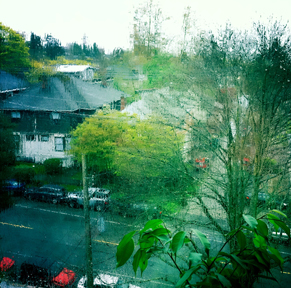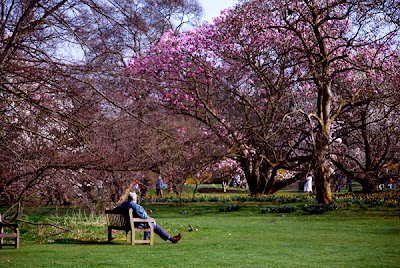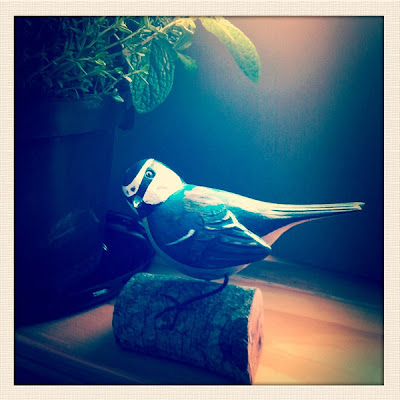We had the problem of age, the problem of wishing to linger.
Not needing, anymore, even to make a contribution.
Merely wishing to linger: to be, to be here.
And to stare at things, but with no real avidity.
To browse, to purchase nothing.
But there were many of us; we took up time. We crowded out
our own children, and the children of friends. We did great damage,
meaning no harm.
We continued to plan; to fix things as they broke.
To repair, to improve. We traveled, we put in gardens.
And we continued brazenly to plant trees and perennials.
We asked so little of the world. We understood
the offense of advice, of holding forth. We checked ourselves:
we were correct, we were silent.
But we could not cure ourselves of desire, not completely.
Our hands, folded, reeked of it.
How did we do so much damage, merely sitting and watching,
strolling, on fine days, the grounds of the parks, the arboretum,
or sitting on benches in front of the public library,
feeding pigeons out of a paper bag?
We were correct, and yet desire pursued us.
Like a great force, a god. And the young
were offended; their hearts
turned cold in reaction. We asked
so little of the world; small things seemed to us
immense wealth. Merely to smell once more the early roses
in the arboretum: we asked
so little, and we claimed nothing. And the young
withered nevertheless.
Or they become like stones in the arboretum: as though
our continued existence, our asking so little for so many years, meant
we asked everything.
Arboretum a poem by Louise Glück.




































































